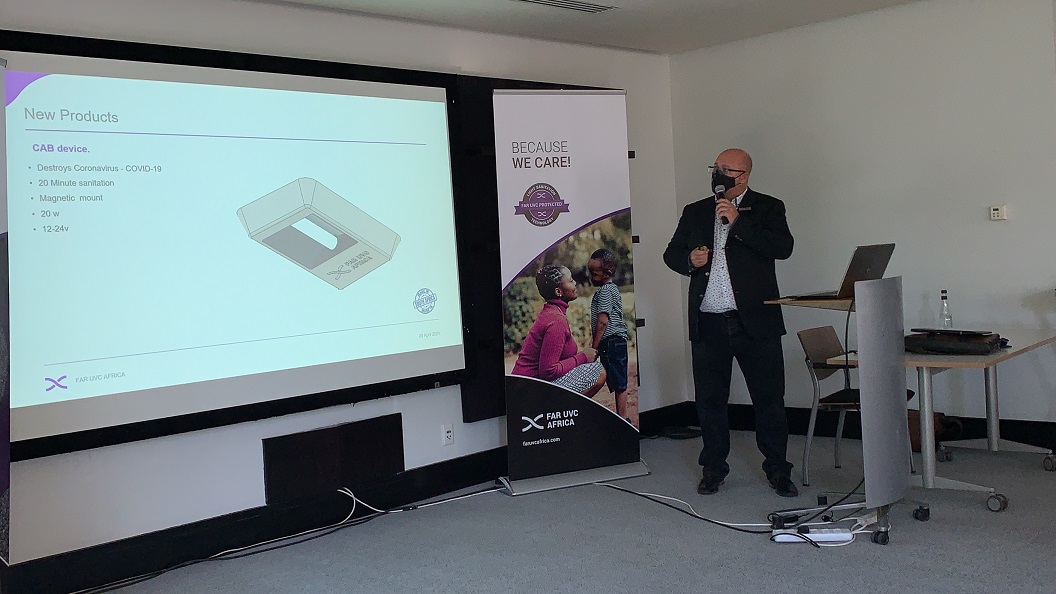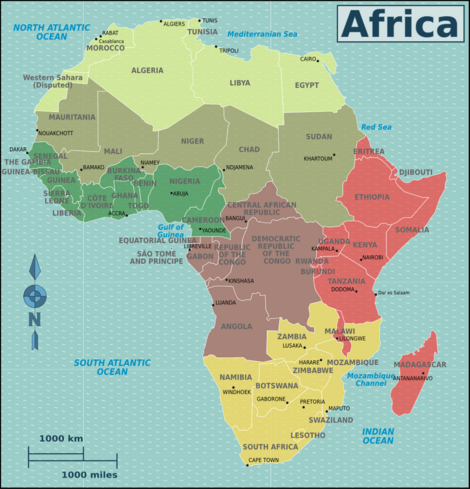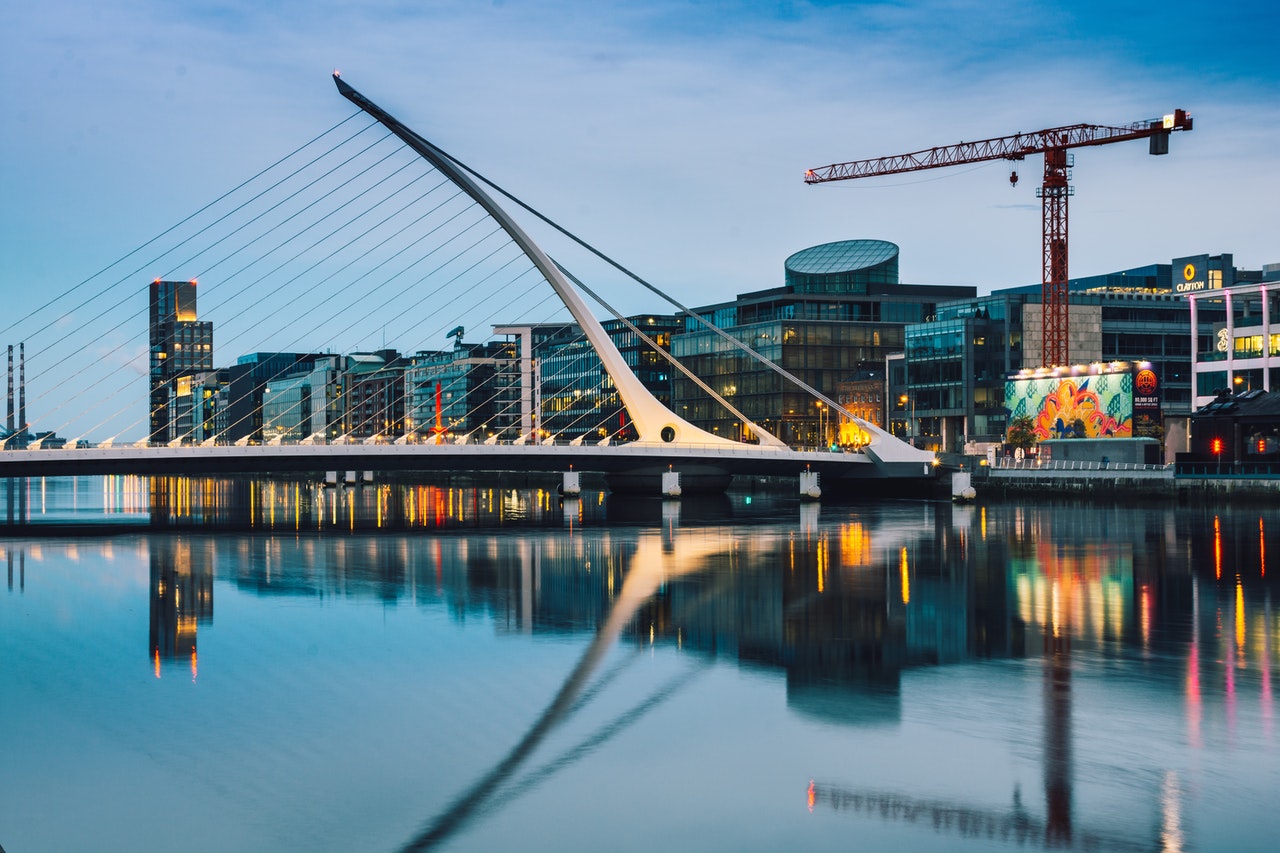How the global pandemic impacts us and our future: Be prepared
by Conrad Kullman, MD at FAR UVC AFRICA
Cue post-pandemic where business is back on its feet, we’re meeting new people and shaking hands with the regulars once again. Rewind to a year ago and It felt like a distant dream. People have spent the last year trying to understand what the novel COVID virus is and what will happen today and in the future. However, one year later and after much concern for the COVID vaccines that are currently underway, we’ve still got some way to go. As human beings, we usually only know how to solve a problem once it’s hit us without warning. This is the opportunity that we have to take in order to be prepared for the next big thing.
Big Impact
We’re all in agreement that we’re dealing with something bigger than we’ve anticipated. Looking back at the time when T...



